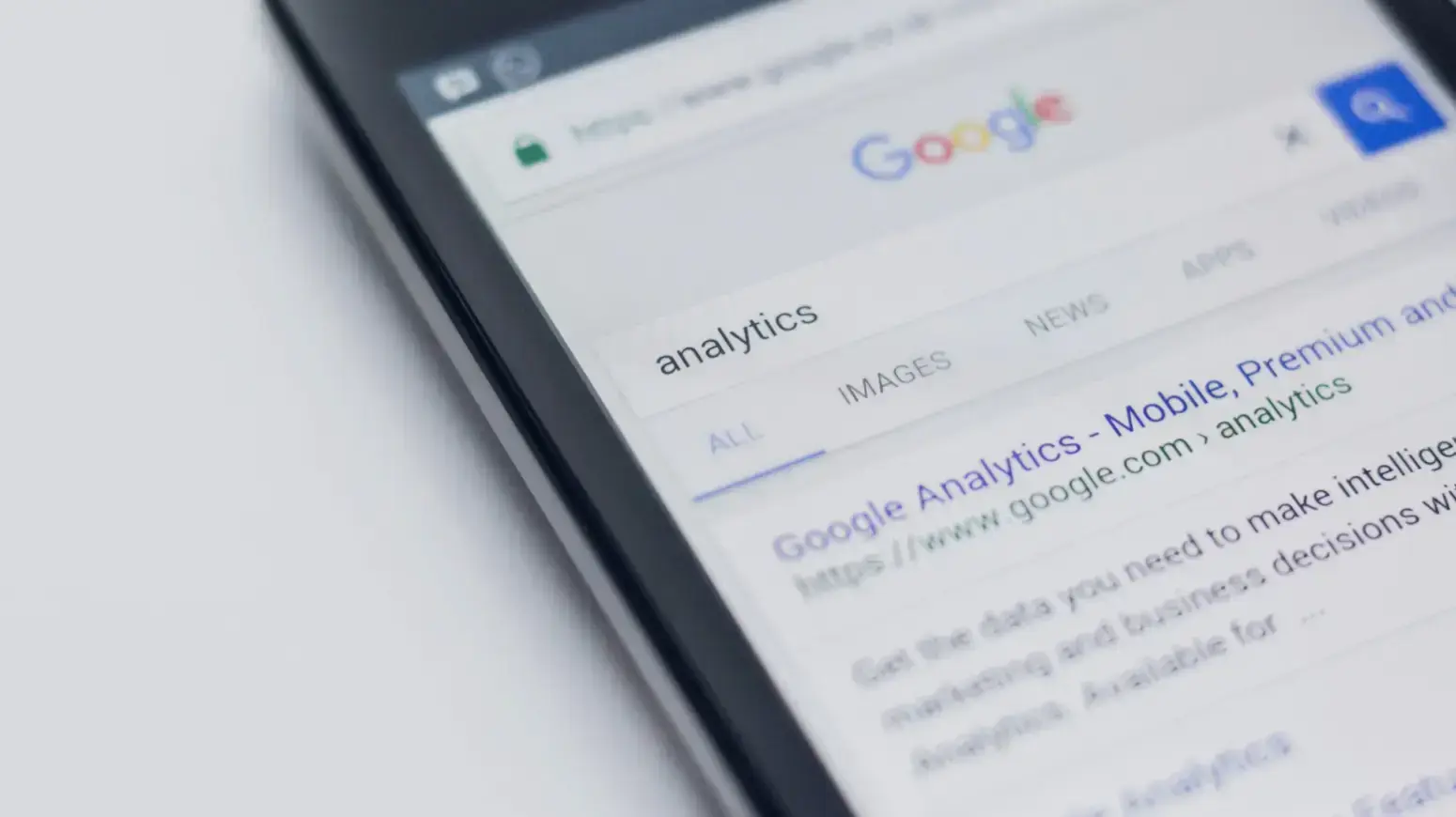Did you know that 93% of marketers believe that their social media marketing efforts have been effective?
This is because they've seen tangible results in terms of engagement, brand awareness, and website traffic.
However, these marketers' success stories don't change the fact that not all business owners or marketers know how to measure the success of their marketing efforts. This is simply because the social media industry is constantly changing.
Despite the change, it's important that you understand how social media analytics work. This will help you improve ROI, stay ahead of the competition, and increase brand awareness.
In this article:
- Why Is Social Media Analytics Important?
- What Are The Types Of Social Media Analytics?
- How Do You Measure The Success Of A Social Media Strategy?
- 5 Best Social Media Analytics Tools
In this article, we'll talk about the importance of social media analytics, the types of social media analytics, and how to measure the success of a social media strategy. But before we delve into all this, let's define social media analytics.
What Is Social Media Analytics?

Source: Unsplash
Social media analytics involves gathering and analyzing data and reports from social media to inform business decisions.
The application of AI in social media enables the analysis of unprecedented amounts of data, including customer reviews and feedback on your products or services, new followers, shares, mentions, and more.
Why Is Social Media Analytics Important?
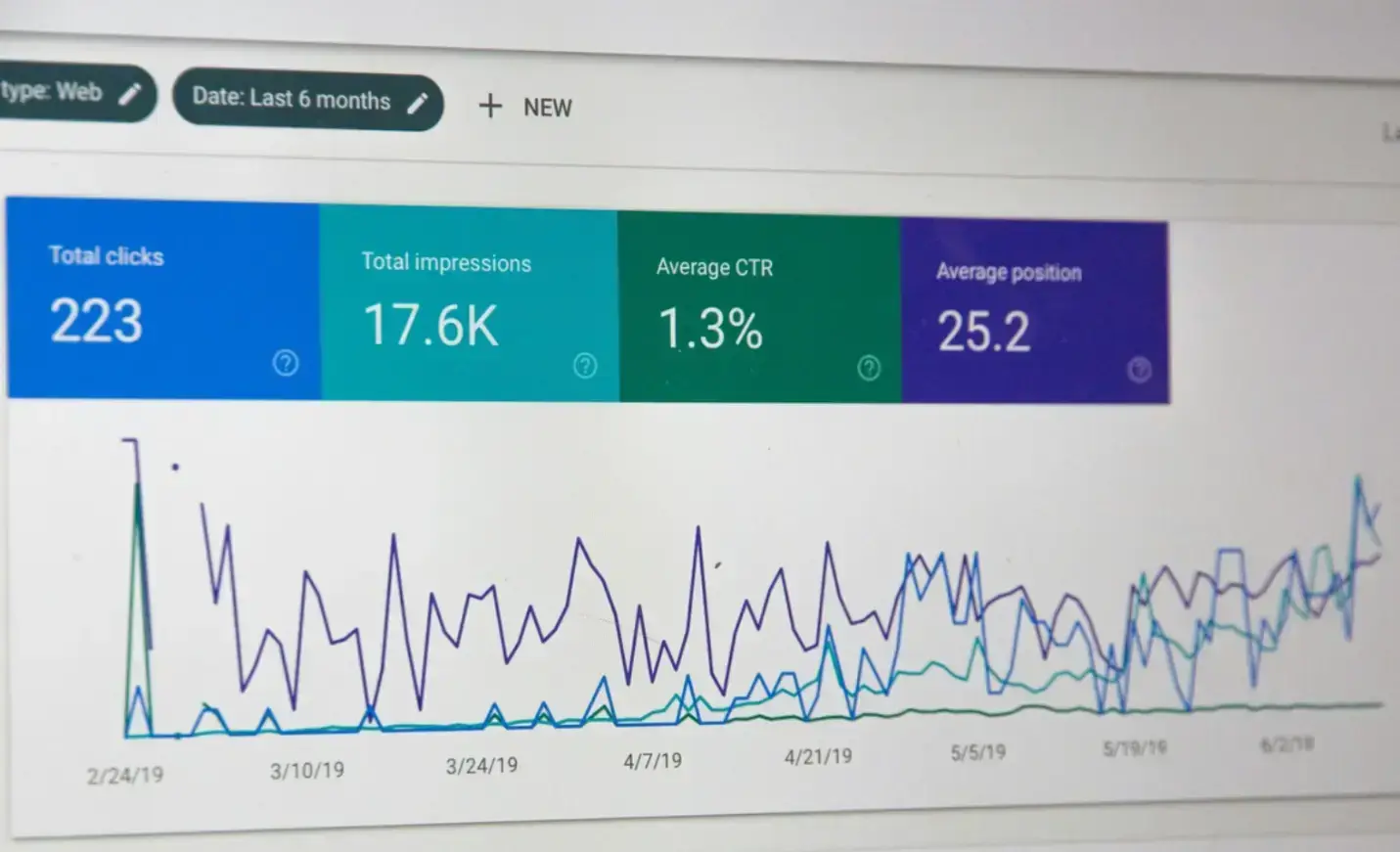
Source: Unsplash
Social media analytics helps marketers or business owners understand how well their content resonates with their audience. It also helps them know their competitors and create a better social media marketing strategy.
Below are reasons why social media analytics is important:
1. Improve ROI
Social media analytics help you determine whether your marketing campaign is performing well and generating new sales. Every share, like, or retweet is aimed at generating ROI.
However, if you don't notice any increase, you'll have to change your strategy. To determine whether your new campaign is doing well, you'll need to monitor your audience engagement and conversion rate optimization.
2. Identify market trends
You can use social media analytics to identify upcoming industry trends. Some of the upcoming trends that can be identified by social media analytics are:
- Content that resonates more with your audience
- Ads that interest your audience
- Which social media platforms are performing more than the others
- Rising products or social media influencers in your industry
- The topics your audience is more interested in
With this information, you can make more strategic decisions on the posts and topics you can share with your audience.
3. Brand sentiments
Social media analytics helps you identify how people feel about your brand.
This will include both negative and positive feelings. With this information, you'll be able to figure out how to appeal to unsatisfied customers.
These questions may be ones you haven't considered before, but now you can pay attention to them.
4. Refine social media marketing strategy

Source: Unsplash
With social media analytics, you can find out which social media marketing strategy is working more than the others. This will help you know which strategies to pay more attention to, thereby limiting the amount of money spent on them.
5. Improve value perception
Social media analytics will help you find out how valuable your brand is to your audience. It will help you answer questions like:
- Does my audience think my brand meets their needs?
- Does my audience think my brand or product should be used?
Once you answer these questions, you'll understand why your audience isn't willing to patronize or commit to your brand. This will help you determine what strategies you can use to showcase the value your brand or products offer.
What Are The Types Of Social Media Analytics?

Source: Unsplash
To effectively refine your strategy and measure social media success, you'll have to measure various social media analytics. Some of these analytics include:
1. Sentiment analysis
This analysis will help you track brand sentiments. You'll learn how users feel about your brand and which keywords and topics resonate most with them.
Social media analytics leverages machine learning algorithms to extract valuable insights from the vast data generated on social media platforms.
By processing textual and visual content, machine learning algorithms can categorize, classify, and quantify user sentiments.
2. Influencer analysis
This analysis is important for your brand or business because it can increase your ROI. Conducting an influencer analysis will help you identify which influencers work best for your target audience.
Some data you can pay attention to include:
- The number of followers the influencer has, their audience age, size, and gender
- The volume of traffic the influencer's posts receive, comments, and shares
- The number of posts made consistently by the influencer
3. Audience analytics
Audience analytics will give you an idea of which region your content is performing best in. It will also help you determine whether your content is solving your audience's problems and what questions you might need to answer.
If your content performs better in a region outside your target audience, you'll need to adjust your strategy to attract prospective clients.
4. Paid social analytics
You wouldn't want to spend money on social media posts without generating revenue. To get more results, you'll need to pay closer attention to your paid social analytics. Some analytics you can track include:
- Conversion rate
- Click-through rate
- Cost-per-click
- Cost-per-action
- Click-through rate
- Cost-per-engagement
- Total ad spend
- Clicks
Consider using a social media scheduling tool to enhance the effectiveness of your paid campaigns. This tool can help you optimize post timing and ensure consistent engagement with your audience.
5. Performance analysis
This analysis will give you an idea of how well your social media marketing strategy is performing. It will show you whether your content is getting reasonable clicks, likes, shares, views, impressions, comments, and shares.
Assessing these metrics can help you better understand the level of engagement on your social media and identify areas for improvement to boost audience interaction.
Conducting a competitor analysis will help you identify where your competitor excels and make the necessary improvements. Consider using residential proxy servers to gather anonymous, region-specific data without facing restrictions, improving the accuracy of your competitor analysis.
This analysis will give you an idea of the following:
- How many people are engaging with their posts
- The marketing strategy they are making use of
- The followers they have
- How many shares do they have?
Track performance and generate reports for all your social networks from a single intuitive analytics dashboard with Vista Social.
How Do You Measure The Success Of A Social Media Strategy?
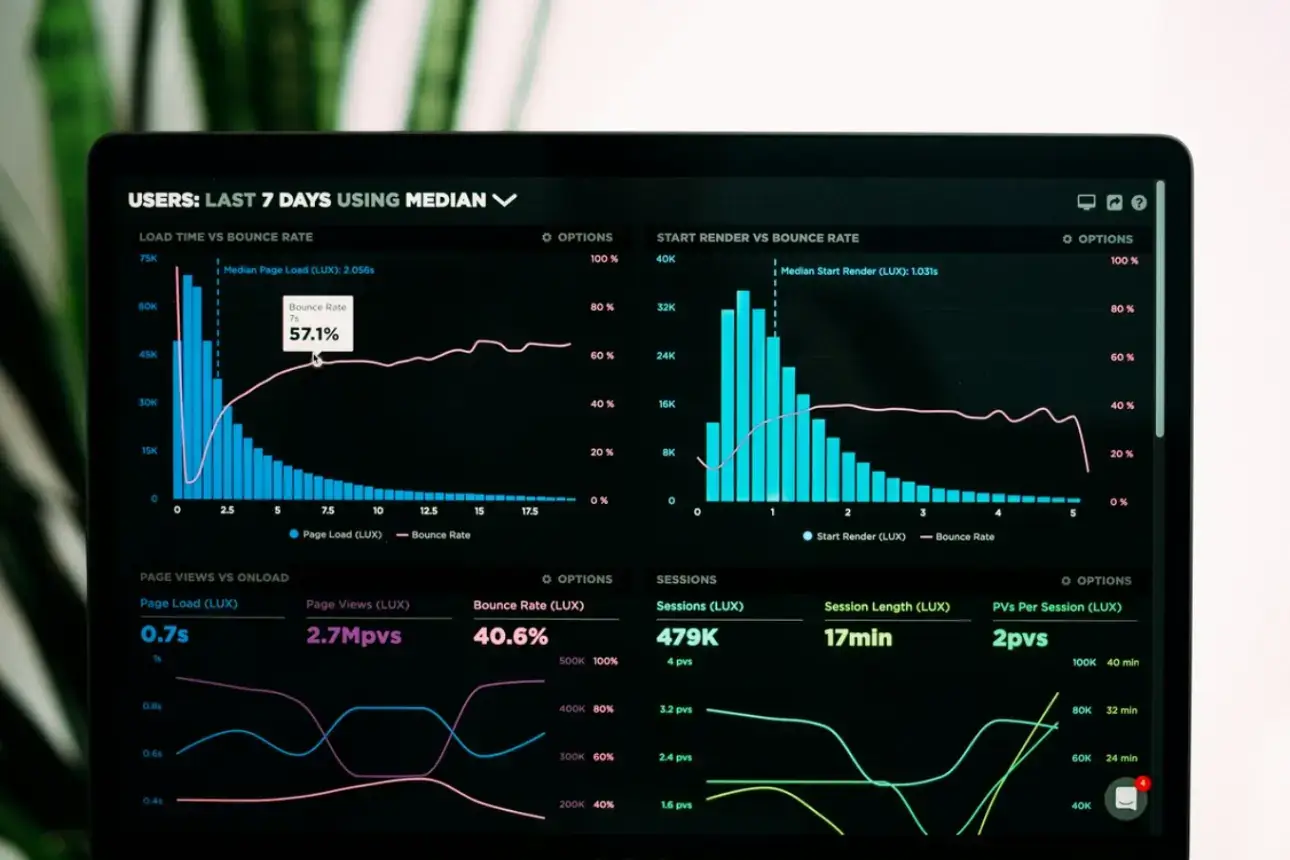
Source: Unsplash
To generate more leads and increase revenue, you'll need to effectively measure the success of your social media efforts. To do this, you can follow the steps below:
1. Set clear goals

Source: Unsplash
Setting clear goals is the first step in measuring success. These goals should align with your brand vision and objectives. For a start, you can set simple and easy goals.
For example, your social media goal can be to increase followers.
In this case, you'll need to track which content resonates more with your audience. Do they prefer your video content to carousels? Or do you gain more followers when you share a video?
These are questions you'll need to answer once you've set your goal for follower growth.
2. Track user engagement
You can learn about your social media efforts through your user engagement.
The number of likes, comments, reshares, or mentions on your post shows how well your content resonates with your audience.
If a particular piece of content resonates more with your audience, it's worth paying attention to. For example, if you're an e-commerce brand, you're used to posting product photos.
One day, you decided to show behind-the-scenes how the pictures were taken, and the post received several comments, more likes, and reshares. This simply shows that your audience prefers this kind of content more.
With this information, you can revisit your content strategy.
3. Measure your click-through rate
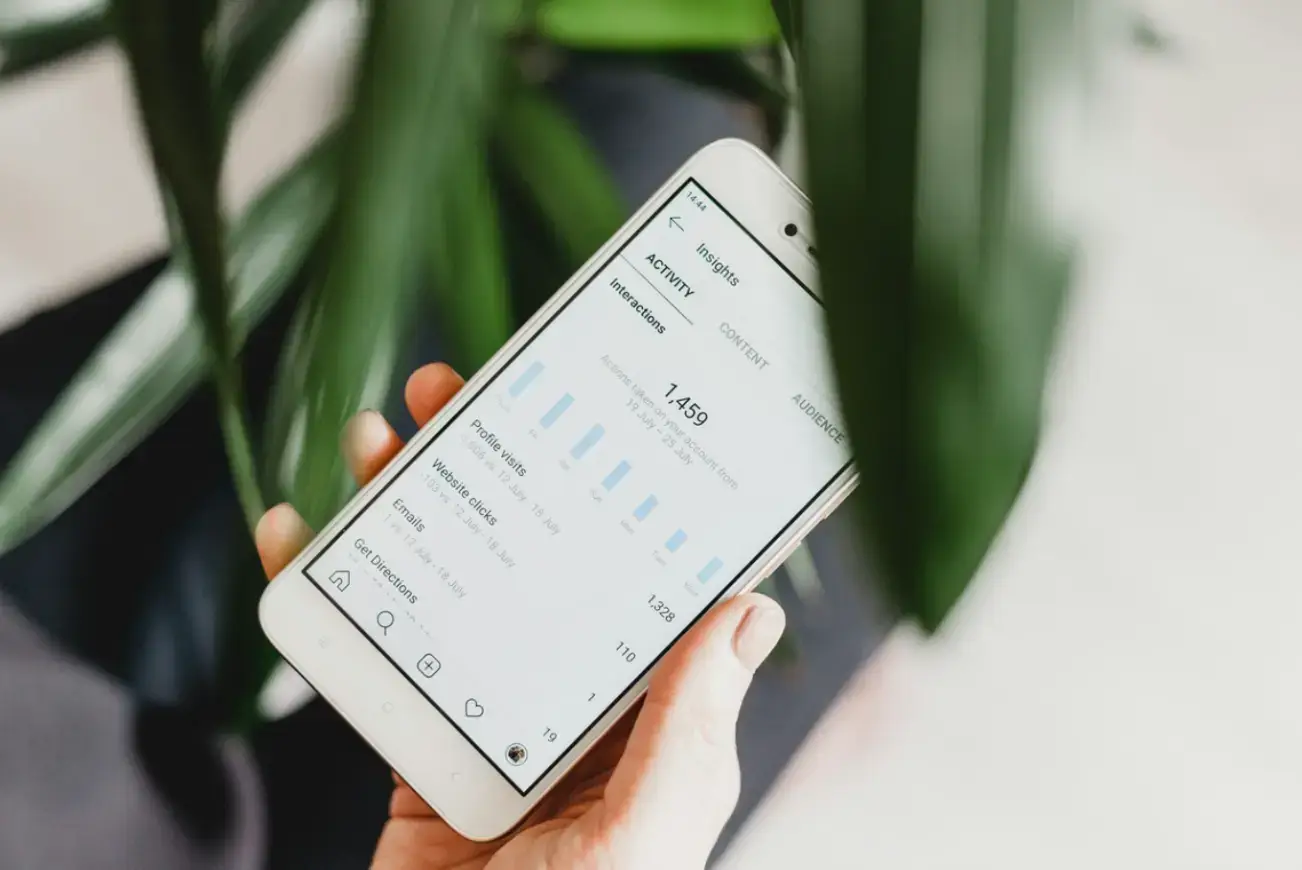
Source: Unsplash
Measuring your CTR helps you determine whether your content is driving traffic to your website. Your click-through rate shows how many clicks your post or ad is getting.
If your click-through rate increases, this means that the right audience is seeing your post or ad. Additionally, a high click-through rate shows that your ad is compelling enough to cause your audience to take action.
For instance, if you sell subscription boxes and create a social media ad for them, your ad will likely attract people who are looking for subscription boxes.
However, if your subscription box isn't filled with items your subscribers will like, they will not take any action. If this continues, you will lose money rather than make money from your ads.
4. Calculate your follower growth
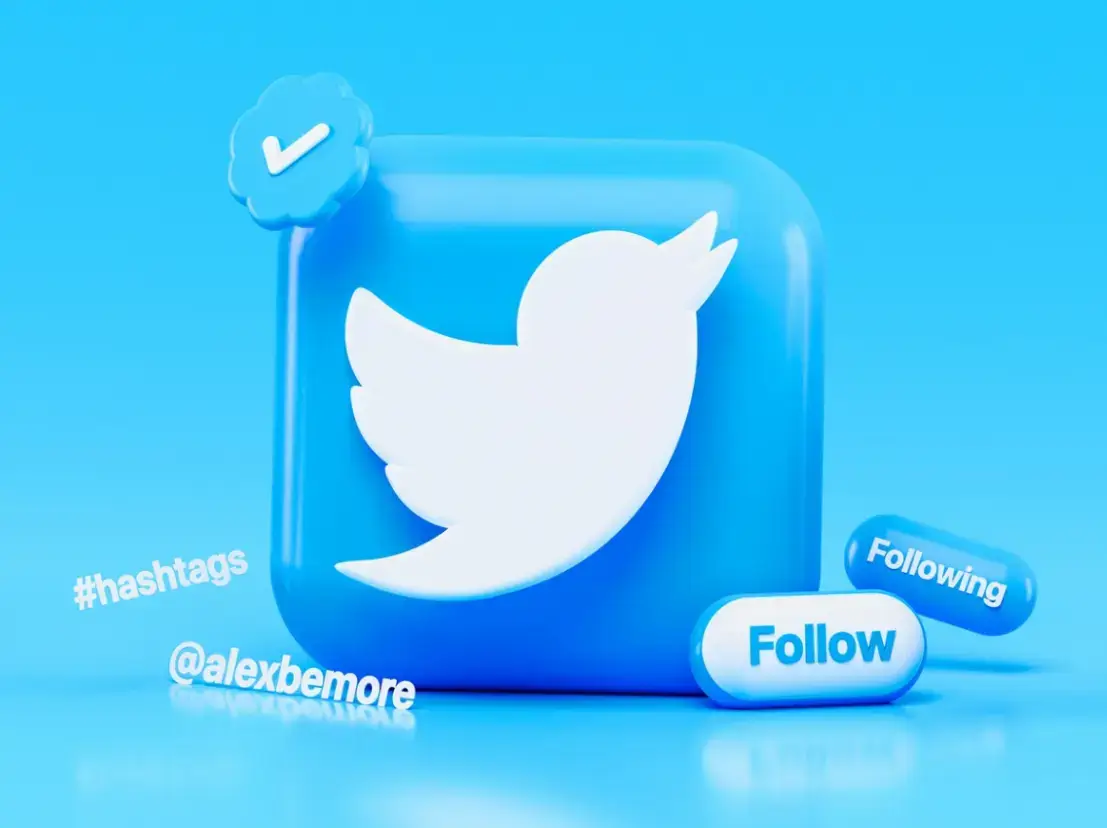
Source: Unsplash
Don't assume that your social media page is growing because you have new followers.
You'll need to know if these followers interact with your content and if they are your target audience. This is because you have a large following but a low engagement rate.
For example, you own a cosmetic brand and to attract followers to your brand you decided to launch a campaign.
But there's a problem. After conducting an audience analysis, you realize that your new followers aren't engaging with your posts and don't fit your audience.
With this newfound information, you can refine your marketing campaign strategy and monitor whether there will be any improvement.
5 Best Social Media Analytics Tools
There are various social media analytics tools available on the market. But in this section, we'll list our top five analytic tools.
1. Sprout Social
Sprout Social is a social media management tool that helps schedule, engage with, and publish social media posts. Its analytics dashboard shows your paid and organic posts, helping you decide when to publish content.
Additionally, with Sprout Social, you can measure the success of your social media efforts using its analytics tool. You can also make use of its listening tool to conduct sentiment analysis.
Pricing
Free plan. Paid plan starts at $199 per month.
Best For
Large marketing teams.
2. Google Analytics
If you're focused on driving traffic to your website, Google Analytics is the best free tool to check out. It will help you measure metrics such as conversion rate, user demographics, and the ROI of your marketing campaigns.
Pricing
Free plan. The premium version starts at $50,000 per year.
Best For
Social media professionals.
3. Buffer
Buffer and Buffer alternatives are user-friendly tools that help you schedule posts on various social media platforms, including X (formerly Twitter), Instagram, Facebook, LinkedIn, TikTok, and YouTube.
This platform offers an analytics tool for tracking mentions, likes, and impressions. However, this feature is only available on specific platforms.
Pricing
Free plan available. The starting price is $6 per month.
Best For
Solopreneurs and business owners who run their social media platforms.
4. Later
Later is a social media management tool that small business owners can use to preview content before posting. However, this tool lacks benchmarking and competitive analysis features.
However, it has scheduling and analytical features that include website clicks, performance analytics, and click-through rates.
Pricing
Free plan. The starter plan price is $16.67.
Best For
Small business owners and solopreneurs who handle their social media.
5. Rival IQ
Rival IQ is a social media tool that offers competitive analysis, social reporting, and SEO tools.
You can use Rival IQ to customize and schedule reports that can help you drive engagement. You can also gain insight into a competitor's strategy and spot industry trends.
Rival IQ can track success across various social media platforms, making it a good option for brands with multiple platforms.
Pricing
Free plan. The starting price is $239 per month.
Best For
Social media managers.
Go Ahead And Measure Success!
To measure your social media efforts, you'll simply need to use the right tools and methods.
This will give you an idea of how well your business is performing and the areas you should improve. Your business's success relies on constantly measuring, refining, and analyzing your social media efforts.
If you measure your social media efforts and notice an increase in ROI, you're doing something right. Just stick to your strategy.


